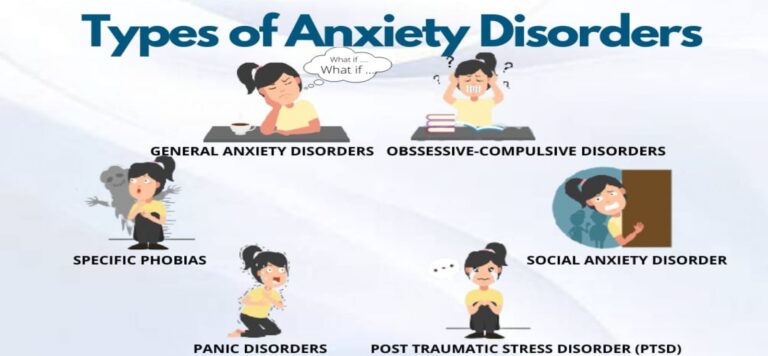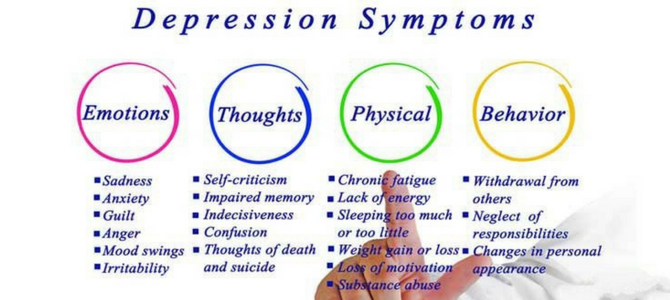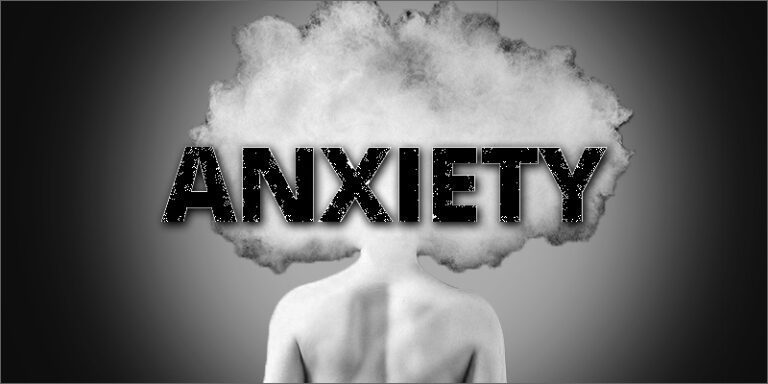Depression: The Hidden Epidemic
Depression or Clinical depression is a mental health issue that is talked about, but in quiet tones and whispers. We live in a world that has progressed in many ways, but not as much when it’s about mental health. We don’t want to talk about mental health so much so that we know so little about it. This applies to all mental health issues, not just Depression.
Depression has become so widespread that it affects 264 million people across all ages worldwide according to WHO data. What’s more frightening is that due to the stigma perhaps the number of those actually suffering from Depression worldwide is much larger. Even as one of the most common diseases, it still is one of the hardest diseases to accept, to recognise and fight. 6.5% of the Indian population has also been reported to suffer from depression. While the statistics are plenty, they only seem to be on the rise.
There are numerous reasons why Depression faces a low rate of acceptance, such as fear of judgement, the lack of knowledge, apprehension towards mental health in general, among others. This further creates an unhealthy environment for one to fight depression within. It also makes it harder for the person suffering to accept themselves. It is not a matter to be taken lightly, but the lack of societal support and adequate government intervention may only worsen this situation.
“Normality” and Depression:
When we come across mental health disorders like Depression, the word ‘normal’ becomes a commonly used word. There are common misconceptions on who is depressed and who is not. We as a society rather than professionals try to categories and diagnose, at times even deny the reality of Depression which makes it harder to fight it.
We ascribe to this notion that, if you are successful, if you are beautiful, if you have everything you need, if you have people around you, then you have no reason to be depressed. It needs to be underlined that like all diseases, Depression doesn’t apply to people from a certain background, class, gender, age or community. We need to ask ourselves why we don’t think about these factors when talk about a fracture, food poisoning, Diabetes, etc. Our lack of understanding of a disease makes it harder for us to discern the causes, the symptoms and the empathy needed to support a loved one or even ourselves at times.
On the other hand, there is this idea that Depression is a ‘feeling’ or is a ‘phase’. Sometimes we undermine the disease by normalising it. By saying that everybody has certain thoughts, everybody feels sad, that everybody gets over it. Perhaps, the intention is to help the person although the result will lead to more struggle for the person. There is a difference between being ‘sad’ and being depressed, as there is a difference in being ‘tired’ and being ‘ill’. We need to recognize this difference and respect it.
Recognising Depression:
Depression is difficult to recognize because of the stigma and unawareness. To fight this epidemic though we need to know what to look for-
- Changes in appetite and weight gain could be a sign of depression, if the changes are drastic, such as eating too much or too little. The changes caused by the drastic dietary habits may also increase the intensity of other symptoms as it affects self-esteem and confidence too
- Sleep habits of a person can affect mood swings, overall mental state and fatigue. Not sleeping at all or sleeping too much can be warning signs, as Depression aggravates tiredness, fatigue or overactive minds.
- Alcohol or Drug use, may be signs of depression, especially as a coping mechanism to deal with other symptoms, loneliness and sadness.
- Forced happiness, the reason why Depression can be hard to identify as it has been said before, it’s because depressed individuals may not always show symptoms outwardly. It comes from a place of fear or stigma, so it may not always be obvious.
- Uncontrollable emotions are often a common symtpom of depression. A person may be irritable, or angry. Often times, they themselves can’t recognise why or realise it.
Like other diseases, Depression varies in severity. It isn’t necessary that everybody depressed should display the same behavioral symptoms. But, if you suspect that you or a loved one may be suffering, then do seek help. The quicker you receive help, the sooner you can beat it.
Depression isn’t an incurable disease, which is why seeking help becomes all the more important. Depression is an internal battle that manifests externally in the least expected ways. This hidden epidemic can only be fought with courage and with a little support. If all of us fight our own biases, that is more than enough to help another fight Depression. After all, this is one battle the world can’t fight alone.
We at MBS offer numerous holistic services to help you and loved ones beat and keep depression away. Join us to know more about what we do and how we can help you.
Want to know how you can help fight this epidemic? Stay tuned for our next blog on the topic! Until next week, write in with your own comments on depression and your opinions about the disease or suggestions.
https://www.who.int/news-room/fact-sheets/detail/depression
https://www.webmd.com/depression/guide/what-is-depression
https://www.healthline.com/health/depression/recognizing-symptoms#getting-help





